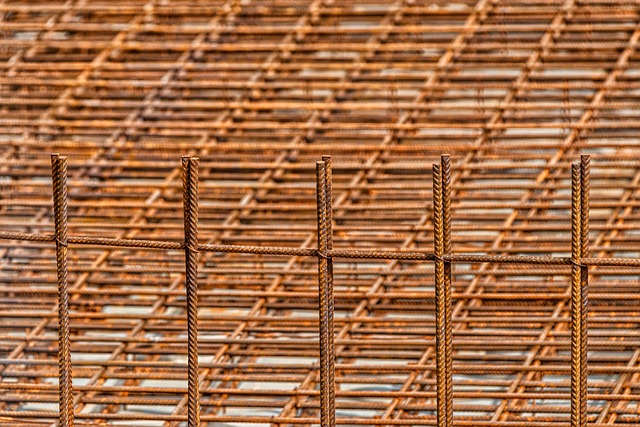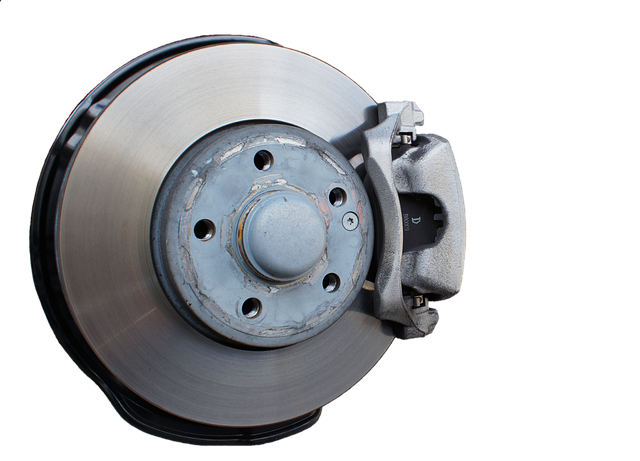Slab foundation repairs are crucial for home stability and safety. Common issues include cracks from settlement, ground shifts, or poor construction, and uneven floors due to differential settling. Foundation Inspections identify these problems early, preventing costly structural damage. A comprehensive inspection assesses moisture content, soil composition, and shifting, providing accurate repair estimates and a warranty benchmark. When choosing a warranty, understand coverage for structural and non-structural issues identified in the inspection. Quality repairs rely on thorough inspections, skilled contractors, quality materials, environmental factors, and post-repair maintenance. Proactive measures like regular inspections, understanding warranties, keeping records, and communication protect homeowners from disputes. Regular care through visual inspections, moisture control, drainage systems, and prompt plumbing leaks fixing prevents costly foundation damage.
“In many homes, the slab foundation is a critical yet often overlooked component. Understanding slab foundation repairs is essential for homeowners looking to preserve their investment. This comprehensive guide delves into the intricacies of common issues, the value of a detailed foundation inspection, and navigating the world of warranties.
From identifying causes to choosing the right coverage, we explore factors impacting warranty durability, dispute resolutions, and proactive measures. Equip yourself with knowledge on foundation inspection techniques, ensuring peace of mind for your home’s structural integrity.”
Understanding Slab Foundation Repairs: Common Issues and Causes

Slab foundation repairs are a crucial aspect of maintaining a stable and safe home. Understanding common issues and their causes is essential for homeowners. One of the most frequent problems is cracks in the slab, which can be attributed to various factors like settlement, ground shifts, or poor initial construction. These cracks may seem innocuous but can signal more severe structural damage.
Another prevalent concern is uneven floors, often resulting from differential settling where different parts of the structure settle at varying rates due to soil conditions. This can lead to doors not closing properly, floor tiles becoming misaligned, or even visible gaps between walls and flooring. Regular foundation inspections are vital to identify these issues early, ensuring timely repairs that can save significant costs and structural integrity in the long run.
The Role of a Comprehensive Foundation Inspection

A comprehensive foundation inspection is an indispensable step in ensuring reliable and long-lasting slab foundation repair. This initial assessment involves a detailed examination of your property’s structural integrity, identifying any signs of damage, cracks, or instability in the foundation. Skilled inspectors employ advanced techniques to thoroughly evaluate the condition of the slab, including moisture content, soil composition, and potential shifting. By conducting this thorough inspection, professionals can pinpoint areas requiring repair and provide accurate estimates for the work needed.
This process is crucial as it determines the effectiveness of any subsequent warranty. A detailed inspection report serves as a benchmark against which the quality of repairs can be measured. It also helps in selecting appropriate repair methods and materials, ensuring that the foundation is restored to its optimal condition. Moreover, a comprehensive inspection aids in establishing a clear scope of work, enabling property owners to make informed decisions about their investment in slab foundation repair.
Warranty Coverage: What to Expect and How to Choose the Right Plan

When considering a slab foundation repair warranty, understanding the coverage is paramount. A comprehensive warranty should include both structural and non-structural issues identified during a thorough foundation inspection. This ensures peace of mind, knowing your investment is protected against various problems like cracks, heaves, settlement, and even water damage. Look for warranties that cover materials and labor for a specific period, typically 10 to 25 years, depending on the severity of the issue.
Choosing the right warranty plan depends on factors such as the extent of repairs, climate conditions, and your budget. For minor cracks and routine maintenance, a shorter warranty might suffice. However, if you’re dealing with extensive damage or living in an area prone to extreme weather, opt for a longer-term plan. Always review the fine print to ensure it aligns with your needs and provides adequate protection for your slab foundation repair.
Factors Affecting the Durability and Reliability of Repair Warranties

The durability and reliability of a slab foundation repair warranty depend on several key factors. One of the most critical is the thoroughness of the foundation inspection. A comprehensive inspection should identify not only the extent of the damage but also the root causes, ensuring that the repairs address all issues for long-lasting results. The quality of the materials used and the expertise of the contractors involved are equally important. Subpar materials or unskilled labor can lead to future problems, voiding any warranty.
Additionally, environmental factors play a significant role. Regions with extreme climates, high water tables, or active soil movement may present challenges that could impact the longevity of repairs. A good warranty should consider these variables and offer specific terms and conditions tailored to such environments. Furthermore, proper maintenance after the repair is crucial; regular checks and addressing any new issues promptly can significantly enhance the reliability of the warranty.
Disputes and Resolutions: Your Rights When Things Go Wrong

When it comes to slab foundation repair, disputes can arise for various reasons. If a repair fails or isn’t carried out to the agreed-upon standards, homeowners have rights and options for resolution. A thorough foundation inspection is crucial in identifying potential issues and ensuring any repairs are done correctly. By reviewing the scope of work, understanding the warranty terms, and keeping detailed records of all communications and documentation related to the repair process, homeowners can better protect themselves should a dispute occur.
In the event of a repair failure or dissatisfaction, contacting the contractor for immediate discussion is recommended. Clear communication channels help in reaching a mutually agreeable solution. If the issue persists, consulting with a professional foundation expert for a second opinion can provide valuable insights and reinforce your rights as a homeowner. Knowing your rights and taking proactive steps during and after repairs can ensure a smoother process and protect your investment.
Maintaining Your Peace of Mind: Regular Checks and Proactive Measures

Maintaining your peace of mind starts with proactive measures regarding your slab foundation. Regular checks are essential to identify any signs of damage or settlement early on. A simple visual inspection can reveal cracks, unevenness, or other anomalies that might indicate a deeper problem. By conducting routine foundation inspections, you can catch potential issues before they escalate, preventing costly repairs down the line.
Proactive measures also include addressing moisture problems, as high water tables and leaky pipes can contribute to foundation damage. Implementing proper drainage systems and fixing plumbing leaks promptly can significantly reduce the risk of slab erosion and settlement. These regular checks and maintenance practices ensure your home’s structural integrity and give you the reassurance that your investment is well-protected.
